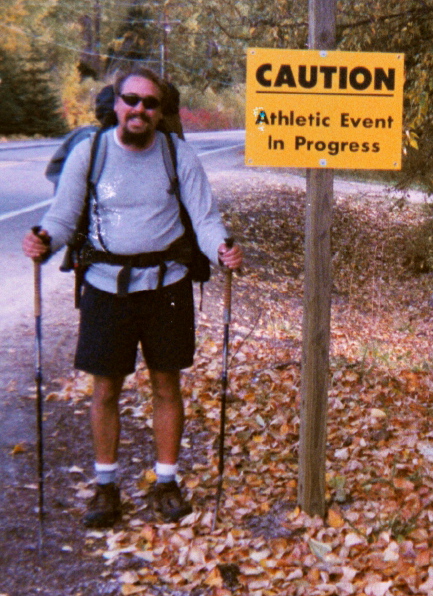Legal Beer
I am not sure how I missed this. The prohibition against beer ended April 7, 1933. Seventy five years ago.
Please read it all. But there are other things that are being prohibited today that are increasing crime. If legal would decrease crime and help us get out of this depression.
At 12:01 a.m. on April 7, 1933, sirens, fire alarms and train whistles shrieked. In Chicago, harried bartenders scrambled to serve crowds that stood 12 deep. At Pabst Brewing Co. in Milwaukee, thousands of onlookers cheered as company employees hoisted barrels and crates onto trucks. About 800 people stood in the rain outside the White House, watching as a man hopped out of his vehicle and unloaded two cases of beer. Secret Service agents accepted the goods, a gift for the chief executive from one of the nation's brewers. "President Roosevelt," read a sign on the side of the truck, "the first real beer is yours."
After 13 dry years, legal beer had returned to the United States. It may seem silly to commemorate that day's 75th anniversary. After all, it's only beer, and we've got bigger things to think about. War. Global warming. Soaring gas prices. Crashing home prices. But that's all the more reason to celebrate. We could use a reminder of the way action inspires hope, and hope inspires action.
In early 1933, the height of the Depression, nearly 25% of adults in this country were out of work. Foreclosure and bankruptcy plagued every community. A cascade of bank failures had destroyed the savings of millions of people. Children skipped school for lack of clothes and shoes. Men and women stood in soup lines, and the homeless and jobless marched in angry protests.
On March 4, President Franklin D. Roosevelt was inaugurated. He had campaigned on the promise of a "new deal" to repair the economy, a vague plan that was short on specifics but long on ambition. But he had also made one definite pledge: to repeal Prohibition.
Today, we look back on Prohibition as an exercise in temporary insanity, but the 13-year experiment in sobriety was rooted in our quintessentially American faith that we can perfect the world. A broad cross section of people -- men and women, urban and rural, young and old -- supported the ban on alcohol because they believed that it would reduce crime, alleviate poverty, strengthen the family and nurture a more perfect union.
Please read it all. But there are other things that are being prohibited today that are increasing crime. If legal would decrease crime and help us get out of this depression.



No comments:
Post a Comment